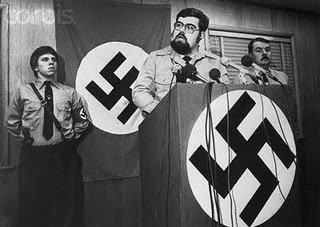“A Star Is Suborned”

In the meantime Hill and Randall took the liberty of examining the bookshelves that lined the wall of the living rooms, containing not only books but an extensive collection of music CDs and movie DVDs. Hill always did this whenever he had the chance, since nothing helped better in his assessment of someone’s character than learning what that person read and watched and listened to. The woman’s literary taste ran toward the classics of drama, and weighty novels such as no one actually read anymore. The plays ran from the Elizabethan and Restoration dramatists such as Dryden, Webster, Ben Jonson, and of course the complete works of Shakespeare, on to the nineteenth century masters such as Chekhov, Strindberg, Ibsen, and Gilbert and Sullivan, with a couple of slim volumes of Eugene O’Neill, a tag end of modernity.
There were writers such as Dickens, Hawthorne, Trollope, Wilkie Collins, Thomas Hardy, Robert Louis Stevenson, and Balzac. Hill was delighted to see collections of Jules Verne and Arthur Conan Doyle’s historicals as well, his boyhood favorites. Her poetry library boasted Walt Whitman, Tennyson, and T.S. Eliot, but verged closely enough on political incorrectness so that Hill wondered why it hadn’t gotten her into trouble, since she also owned the legal but frowned-upon works of Rudyard Kipling and Ezra Pound. He was further surprised to see the outright legally banned works of the Australian poet laureate Henry Lawson, published by one of the pre-10/22 covert Party imprints, which might well have gotten her arrested if anyone had noticed it. The conspicuous absence of anything gay, lesbian, multicultural, and psychobabble-ish was almost as telling a point in her favor as was what was there. Her musical tastes were wide-ranging. There were CDs of Wagner, Mozart, Verdi, Tchaikovsky, Handel, numerous operas, Gregorian chants, the motets of Gesualdo, Celtic music collections, Russian chorals, Doc Watson and Appalachian shape-note singing. Randall looked at Hill oddly, both of them sharing an unspoken thought: a young white female with this kind of taste and education was almost completely unknown in their experience.
“Henry Lawson?” asked Charlie Randall, holding up the volume. She blushed. “I really need to put that away where no one can see it.”
Randall opened the book and found a passage, and quoted sadly,
“And it is our fate that we’ll wake too late
To the truth that we were blind,
With a foreign foe at our harbour gate
And a blazing drought behind!”
“Hard to believe that was written well over a century ago,” Randall sighed.
“Lawson had it too right, mate. Not knocking the Northwest Homeland, but it’s my own land I’d be fighting for if our people had listened to Lawson, or even possessed two brain cells to rub together.”

One reply on “The Brigade excerpts, chapter XIX”
Happy St. Patrick’s, chechar.